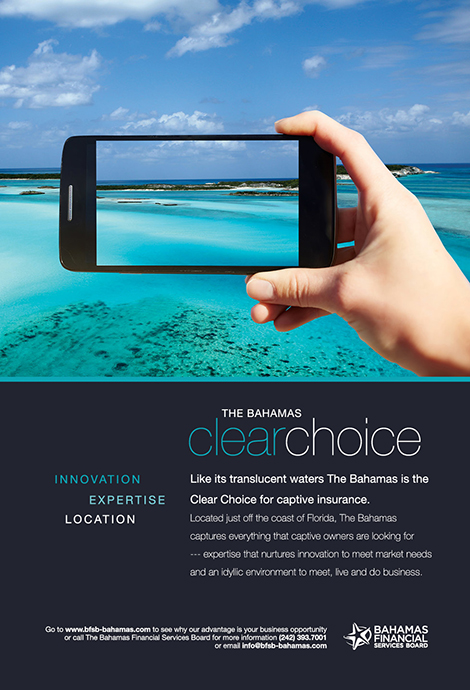The IRS loss of a huge captive insurance lawsuit has set a precedent for income tax strategies, said Estate Street Partners.
The firm, which helps clients protect assets from divorce and lawsuits, said that certain tax and wealth planning benefits provided by captives have prompted the US Internal Revenue Service (IRS) to increase scrutiny and examinations of these structures, but that the recent Rent-A-Center ruling proves that captives are still viable entities when it comes to certain tax deductions.
In Rent-A-Centre versus the IRS, the US Tax Court ruled in January that payments to Rent-a-Center Inc’s wholly owned captive, located in Bermuda, were deductible under section as an insurance expense.
The Tax Court majority found that the Bermuda-based captive insurance company was a genuine insurance company because it was created for significant, non-tax reasons and that there was no impermissible circular flow of funds.
The opinion of the Tax Court majority next turned to address whether the policies at issue involved insurance risk, concluding that the premium payments made by the taxpayer’s subsidiaries to the captive insurance subsidiary were deductible.
The conclusion relied for a significant portion of its analysis on a similar case that was heard in 1989, involving Humana Inc.
The case was among a number of similar lawsuits that aim to define what constitutes an insurance company.
“Captives can benefit individuals from an estate planning and wealth management point of view, but everything must be treated as a business,” said Rocco Beatrice, managing director of Estate Street Partners.
“Individuals must pass an income and revenue check as it relates to the business entity they control; in essence, the company must have annual revenues of at least $1 million and net income of $500,000. This is not a matter of individual net worth; it is all about making money from a business enterprise.”
“We can see the financial reasons for Rent-a-Center to form a captive in Bermuda. In a way, the millions of dollars the company spent on litigation against the IRS probably came from the savings realized through years of captive coverage.”
“The Rent-a-Center captive structure is quite complex, but what the IRS seemingly had an issue with were the large payments made by the company to the captive they controlled. The IRS determined that these were not tax deductible for insurance premiums, which are normally deemed as trade or business expenses deductible as per Section 162 of the Internal Revenue Code (6). Rent-a-Center decided to take on the IRS in a case that resembles the David versus Goliath parable, and they have scored a major victory in battle, but there is also a chance that the IRS may appeal.”
Beatrice commented that the Tax Court opinion is important on two levels: The first being that the IRS has shown a certain disposition towards examining captive structures as sham entities, which the Tax Court did not see in Rent-A-Center, and the other is that public opinion of the captive industry is bound to improve as a result of this ruling.






